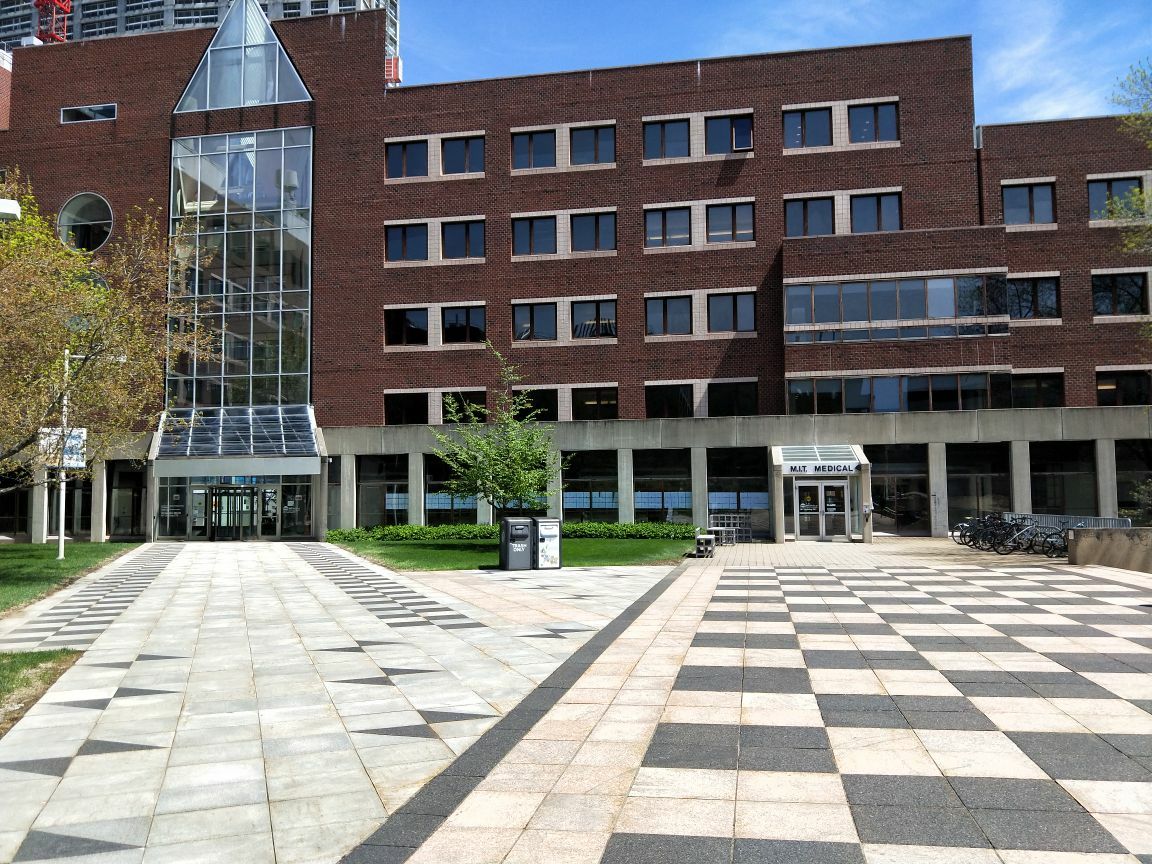
Biomedical technology innovation program recruits diverse class to discover new project opportunities
MIT linQ | IMES
The MIT linQ program at the Institute for Medical Engineering and Science (IMES) announces 16 new members to the Catalyst Fellowship. Catalyst sparks innovative and impactful solutions to unmet medical and healthcare needs through a unique research method that focuses effort, compresses time, leverages resources, and develops change agents in biomedical technology innovation.
The 2025 Fellows share a strong commitment to collaborative problem-solving, striving to create scalable, meaningful health technologies. Their work prior to joining Catalyst ranges from developing advanced prosthetics and enhancing cardiovascular care to innovating lung cancer screening, mental health programs, and digital solutions for sleep medicine. Many have also contributed to early-stage startups, clinical trials, and novel AI applications, demonstrating an entrepreneurial spirit alongside their technical expertise.
The newly selected 2025 Catalyst Fellows are:
- Sam L. Phillips, PhD, a Health Scientist at James A. Haley Veterans' Hospital focused on enhancing prosthetic technology and mobility solutions for underserved veterans.
- David Beck, BSN, RN, CNN, a Quality Management Specialist at James A. Haley VA Hospital, bringing innovative, collaborative solutions to healthcare challenges through Lean Six Sigma and VA innovation.
- Molly Hurley, MBA, a Business Development Consultant at Predicta Biosciences, driving collaborations to advance diagnostic and biotech solutions in oncology.
- Alok Sharma, MD, an interventional and structural cardiologist at Minneapolis VA Medical Center, leading cardiovascular research and innovation while also training future cardiologists.
- Chukwunonso "Chooki" Arinze, PhD, a Technology Consultant dedicated to applying diverse technologies to improve healthcare accessibility and patient care.
- Elizabeth Edmiston, PhD, RN, the Chief Nurse Scientist at VA Northeast Ohio Healthcare System, specializing in quality improvement education and sleep science research.
- Lindsay Pristou, MS, a Biomedical Engineer at VA Greater Los Angeles Medical Center, integrating cutting-edge medical technologies into clinical environments to enhance patient care.
- Hao Cheng, MD, the Section Chief of Sleep Medicine at Miami VA Healthcare System, focusing on advancing sleep medicine through innovative technologies.
- María Navas-Loro, PhD, an Assistant Professor of Computer Science at Polytechnic University of Madrid, using natural language processing to improve neurological disease detection.
- Pranay Banerjee, MS, a Senior Technical Specialist at Cummins Inc., specializing in collaborative problem-solving and engineering innovations to create impactful solutions across multiple sectors, including healthcare.
- Jeremy Goldberg, LCSW, QS, a Mental Health Clinical Social Worker at Orlando VA Healthcare System, focusing on innovative mental health programs for veterans.
- Erica Peters, PhD, a Senior Scientist at Kymanox, dedicated to developing innovative drug delivery technologies that address critical medical needs and improve patient outcomes.
- Ariel Furer, MD, MBA, a cardiovascular researcher at Tufts Medical Center, committed to advancing digital health initiatives and medical device innovation.
- Khashayar Vakili, MD, a Scientist at Boston Children's Hospital, developing novel therapies for liver cancer through biotech innovation.
- Cristhiaan D. Ochoa, MD, PhD, the Director of the Lung Cancer Screening Program at Northern California VA Health Care System, aiming to revolutionize veteran lung cancer care through innovative diagnostics.
- Jason DePhillips, a Research Engineer at Globus Medical, contributing to orthopedic innovation and surgical advancements through biomechanical research.
The new cohort will begin Phase 1 of the program, embarking on a six-month journey to discover and define new healthcare projects by visiting clinical environments, interviewing stakeholders, and identifying unmet medical needs. Guided by program faculty, Fellows form teams to develop innovative solutions, refining ideas through iterative research proposals. The phase culminates in a validated portfolio of opportunities ready for execution, funding, and commercialization.
As in cohorts since 2019, Catalyst is collaborating with the US Department of Veterans Healthcare Administration (VHA) to learn from the VA’s clinical experiences and to help cultivate innovation capacity within the institution.
Suzanne Shirley, Director of Innovation Ecosystem Fellowships at the VHA, said “The unique thing about the Catalyst program is VA employees can join and work with a diverse cohort of people from all different industries, people with business degrees, engineers, researchers—and together they can explore a variety of different problems discover up with solutions.”
Collectively, the Fellows and the Catalyst faculty are driven by the goal of improving patient outcomes and healthcare accessibility across diverse populations, including veterans and underserved communities. This commitment is evident not only in their professional achievements but also in their ongoing efforts to translate research and engineering into real-world solutions that address critical medical needs. As MIT Catalyst Fellows, they will further refine and apply their skills to lead the development and implementation of impactful health technologies.
